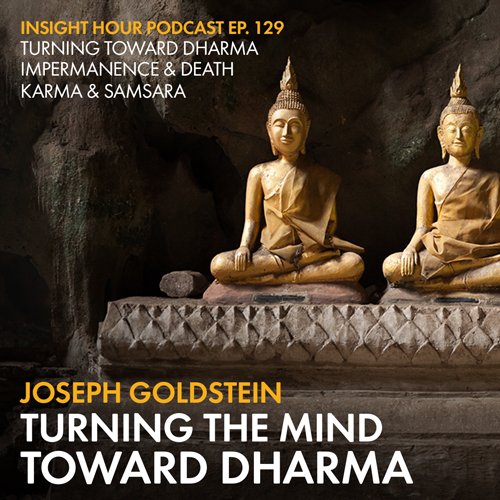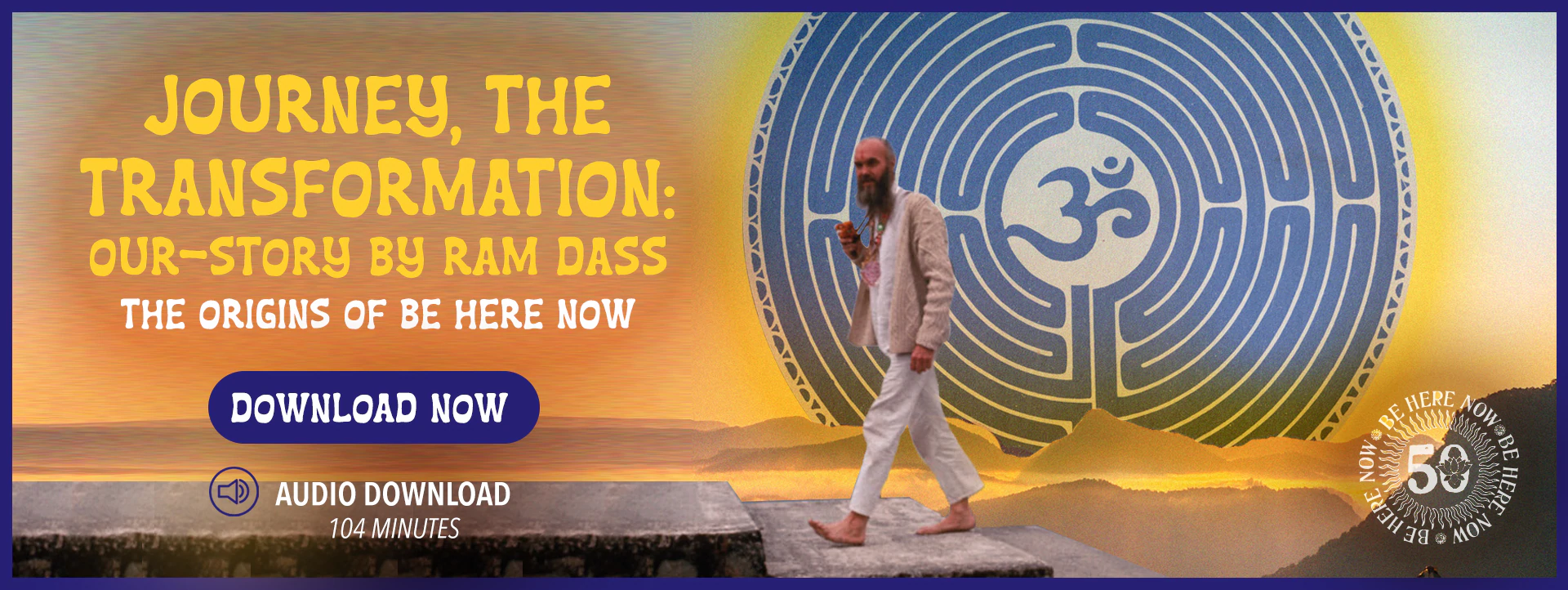
Joseph Goldstein explores four reflections from the Buddhist tradition that are profound tools of practice for turning the mind toward the Dharma.
This dharma talk from 2009 was originally published on Dharma Seed
Turning the Mind Toward Dharma
Joseph begins by talking about the great potential for awakening that can happen in Bardo states. How do we bring that potential for awakening into our everyday lives? For this, Joseph turns to four reflections from the Buddhist tradition with the power to wake us up. He explores the first reflection, which is on the preciousness of human birth.
“These reflections – which will be familiar to you, there’s nothing new, but it’s important not to hear them as philosophic musings, it’s not just Buddhist philosophy that we think about – they’re really profound tools of practice that have the power in the midst of our daily lives to turn our minds towards the Dharma.” – Joseph Goldstein
Raghu Markus and David Silver explore the Bardo Guidebook in Mindrolling Ep. 298
Impermanence and Death (16:25)
Joseph explores the second reflection, which is the contemplation of impermanence. This reflection requires us to get intimate with the truth of change, namely, that everything changes. And everybody experiences this change, in big ways and in small ways. Joseph talks about how it’s essential that we reflect on the truth of death, which is often avoided in Western culture.
“The most basic principle in Buddhism is that all things arise out of conditions, that things happen because the appropriate conditions for their arising are there. And that these conditions are always changing.” – Joseph Goldstein
RamDev invites us to see death as a mirror in Healing at the Edge Ep. 80
Karma and Samsara (32:35)
Joseph offers the third reflection, which is about the Buddhist law of karma, understanding that all actions have consequences. He talks about how motivation determines the result of an action, so we have to become aware of our motivations. Joseph ends by exploring the fourth reflection, which is about the defects of Samsara and the cultivation of Bodhicitta.
“When we take this to heart and we begin to really look carefully at our motivations – motivations behind our speech, behind our actions, behind what thoughts we give energy to – when we practice in this way it gives us the opportunity to make wiser choices in our lives. When we’re unaware, we’re simply playing out the habit patterns of our conditioning.” – Joseph Goldstein


